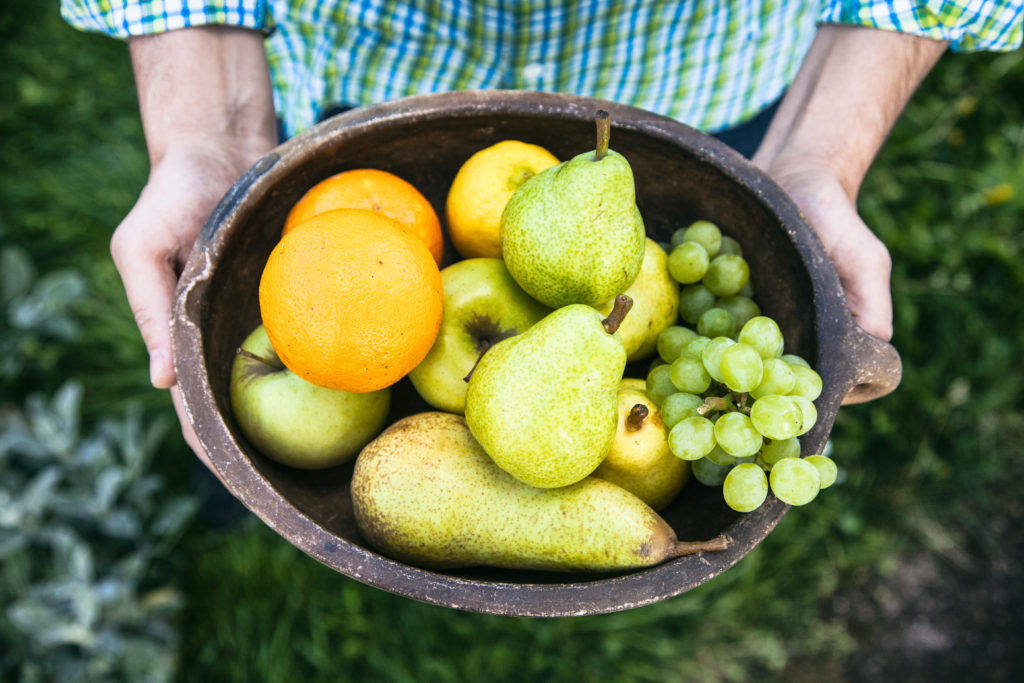Fruit & Vegetables That Are The Enemy?! Is FRUCTOSE causing your bloat and diarrhea?
FRUIT AND VEGETABLES THAT ARE THE ENEMY?!
Is FRUCTOSE causing your bloat and diarrhea?
FRUCTOSE is a single unit of sugar found in varying levels in fruits, some vegetables, honey, agave syrup, and high fructose corn syrup. FRUCTOSE MALABSORPTION is the incomplete absorption of this sugar in the intestines, which can lead to abdominal pain, gas and diarrhea. The absorptive capacity of fructose varies from person to person and it is estimated that 1 in 3 people experience malabsorption, but not all experience digestive symptoms. These symptoms may vary per individual and are influenced by the amount of fructose consumed. Many fructose containing foods also contain glucose, another single unit of sugar. For individuals with irritable bowel syndrome (IBS), the ratio of fructose: glucose in foods may influence their level of gastrointestinal (GI) distress, as will excessive intake of foods that contain fructose. Because table sugar has an approximate equal ratio of fructose: glucose, it often doesn’t contribute to these GI symptoms. Fruits and vegetables that are high in fructose include apples, cherries, mangoes, asparagus, and artichokes.
Diagnosing fructose malabsorption can be tricky. Hydrogen breath tests have sometimes been used, but recent studies have debunked this tactic, indicating that these tests are not a reliable diagnostic tool. A better indicator of fructose malabsorption would be to complete a low-FODMAP elimination diet, in which fructose is completed removed from the diet and then strategically reintroduced to determine tolerance. The low-FODMAP diet includes many sugars other than fructose, therefore it’s important to work with a registered dietitian to ensure the elimination diet is implemented correctly. If you are interested in learning more about specific foods high in fructose that may be triggering your symptoms, please visit our website at www.compgihealth.com or call 224-407-4400 to schedule an appointment with our registered dietitian.
FRUCTOSE INTOLERANCE, however, is completely different than fructose malabsorption. Fructose intolerance is an autosomal, recessive, hereditary disorder of fructose metabolism which can cause extreme low blood sugar and a build-up of dangerous substances in the liver. This is a serious, inherited disorder which requires complete avoidance of all foods that contain fructose. Fructose intolerance is often diagnosed in infancy or young childhood after a child becomes violently ill after ingesting fructose from fruits, juices or formula.
If you suspect that you or someone you know has a hereditary fructose intolerance, please consult with your health care provider.

